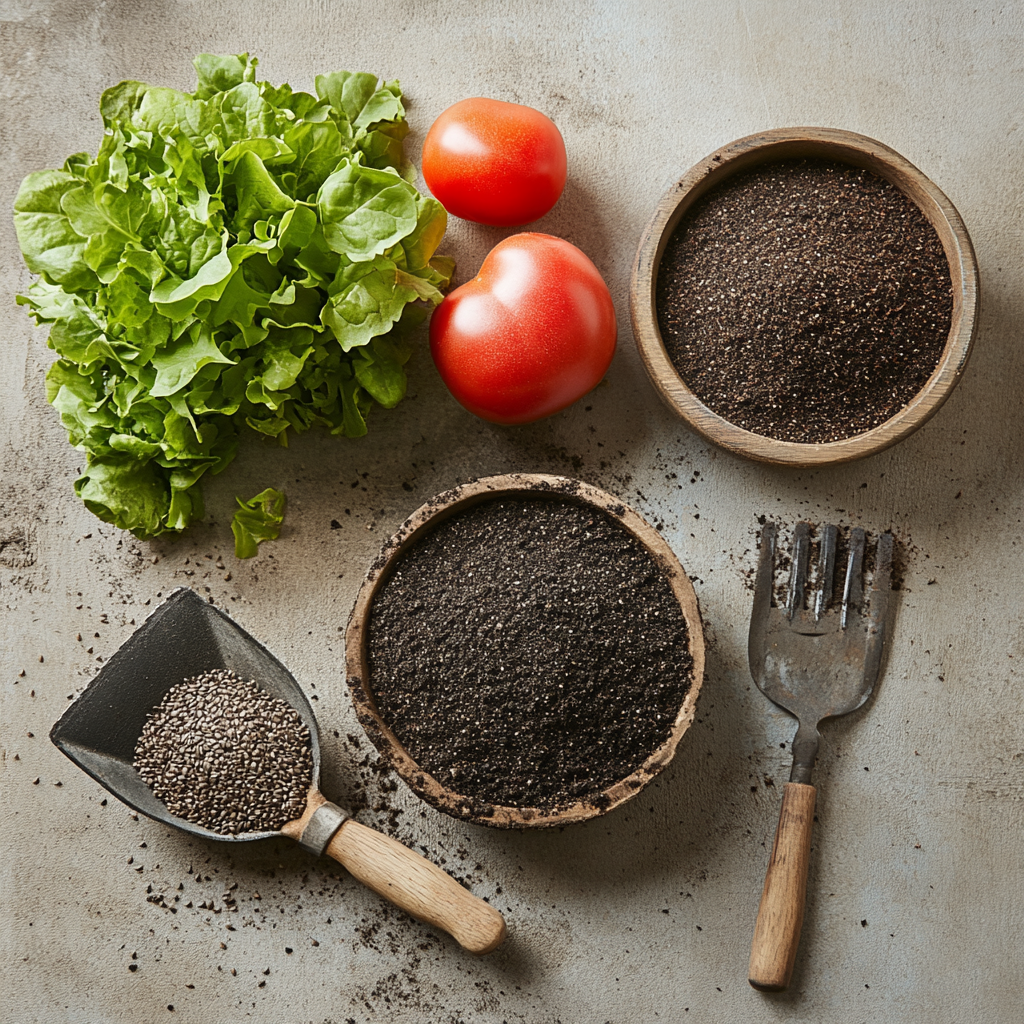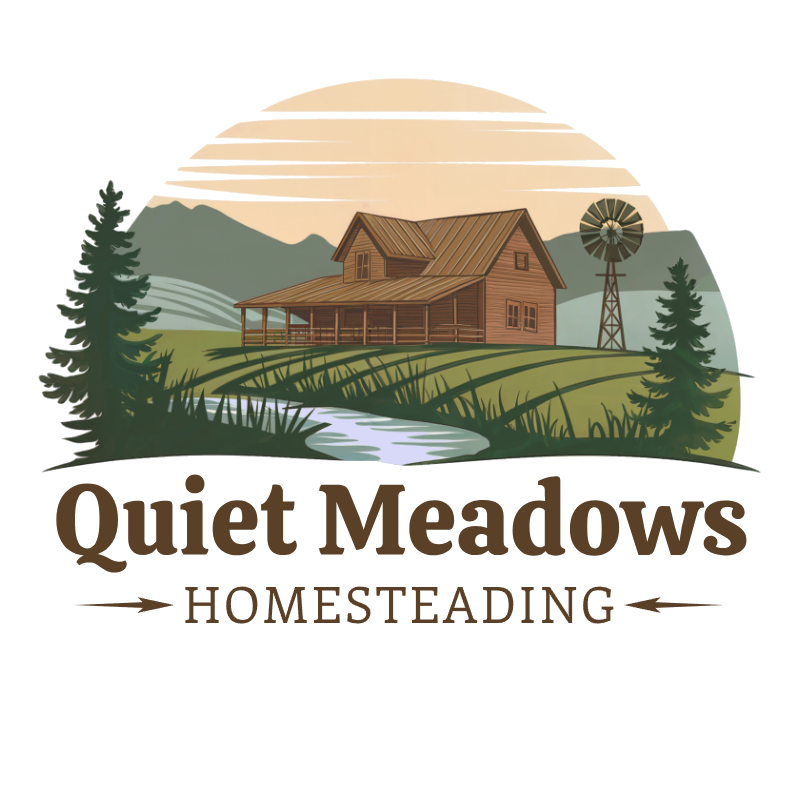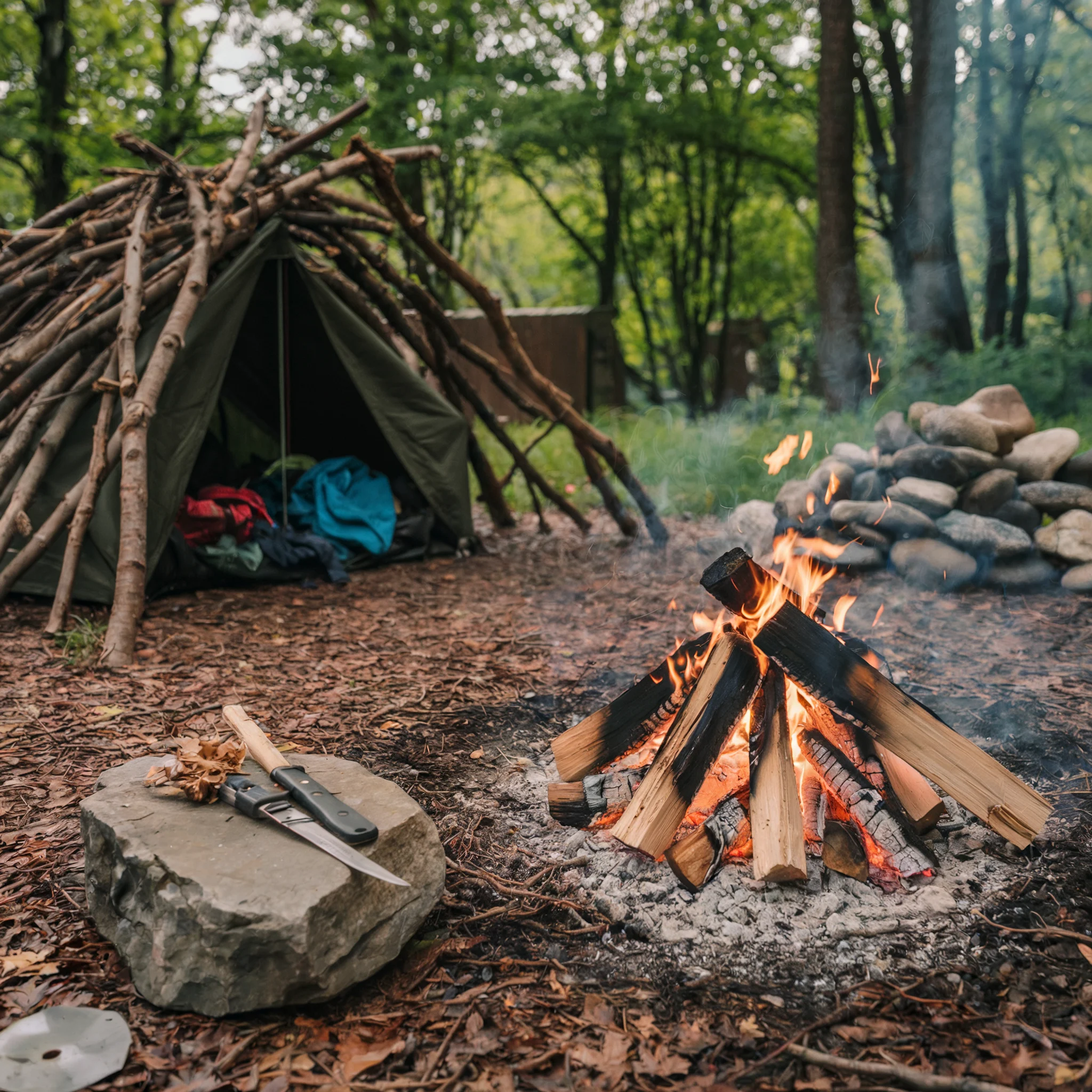Thinking About Starting Your Own Garden?
A Gardening Overview
Gardening: The Heart of a Self-Sufficient Homestead
Gardening is one of the most rewarding and essential skills for a homesteader. Whether you’re a seasoned grower or just starting to get your hands dirty, you’ve found the right place.
Growing food for your family, supplementing feed for livestock, or cultivating medicinal herbs, a well-planned garden can provide sustenance, health benefits, and even financial savings. From traditional backyard gardens to modern hydroponic systems, there are countless ways to grow fresh produce, no matter your space or climate.
A well-planned garden can support both humans and animals on the homestead. By incorporating a mix of vegetables, fruits, and fodder crops, you can reduce dependency on store-bought food and improve sustainability. Learn about rotational planting, succession planting, and permaculture techniques to maximize your yields.
Not everyone has acres of land, and that’s okay! We’ll explore different types of gardens that fit every lifestyle – traditional outdoor plots, raised beds, greenhouse gardening, hydroponics, and even urban gardens for those making the most of small spaces.
As our website grows (no pun intended), we will dig deeper (again, no pun intended), going into more detail with each of these categories.
Types of Gardens
Every homestead has different needs, and choosing the right type of garden depends on available space, resources, and climate. Below are some of the most common types:
Urban Gardens – Small-space gardening solutions such as vertical gardens, balcony planters, and rooftop farms, helping city dwellers grow their own food.
Outdoor Gardens – Traditional in-ground gardens that make use of natural soil and sunlight. Perfect for growing a variety of vegetables, fruits, and herbs.
Raised Bed Gardens – Ideal for areas with poor soil, raised beds improve drainage, reduce weeds, and make gardening more accessible.
Indoor Gardens – Perfect for urban homesteaders or those in cold climates. These can include windowsill planters, container gardening, or a basement setup with grow light.
Greenhouse Gardens – Extend your growing season by protecting plants from harsh weather conditions, pests, and frost.
Hydroponic Gardens – A soil-free gardening method that uses nutrient-rich water to grow plants efficiently. (Learn more on our dedicated Hydroponics page.)


What to Grow?
- Vegetables – Staples like tomatoes, lettuce, peppers, carrots, and beans provide fresh produce year-round.
- Fruits – Depending on your climate, consider apples, strawberries, blueberries, or citrus trees.
- Herbs – Basil, thyme, oregano, and mint add flavor to meals while also offering medicinal benefits.
- Medicinal Plants – Grow plants like aloe vera, echinacea, and chamomile for natural remedies.
- Flowers – Some flowers attract pollinators, while others, like marigolds, act as natural pest deterrents.
- Animal Feed Crops – Grow fodder like alfalfa, clover, or pumpkins to supplement livestock diets.
Gardening Basics for Beginners
Starting a garden requires a bit of planning. Here are some key things to consider:
- Soil Health – Good soil is the foundation of any successful garden. Learn about composting, organic fertilizers, and proper soil pH.
- Climate & Hardiness Zones – Understanding your growing zone helps determine what plants will thrive in your area.
- Seed Selection – Choose between heirloom, organic, or hybrid seeds based on your gardening goals.
- Natural Fertilizers – Compost, manure, fish emulsion, and worm castings enrich the soil without harmful chemicals.
- Pest Control – Use companion planting, beneficial insects, and organic solutions to keep pests at bay.
- Tools & Equipment – Basic tools like trowels, pruners, hoes, and watering systems make gardening easier and more efficient.

Growing Beyond the Basics ?
For more in-depth guides on specific gardening topics, explore our dedicated categories:
- Vegetable Gardening – Learn how to grow nutrient-rich vegetables seasonally.
- Fruit & Orchard Care – Tips for growing and maintaining fruit trees and berry bushes.
- Herbs & Medicinal Plants – How to grow and use herbs for cooking and natural remedies.
- Soil & Fertilizers – Understanding soil amendments and organic fertilizers for a healthy garden.
- Pest & Weed Control – Organic methods to protect your garden from common threats.
- Hydroponic & Indoor Gardening – Explore alternative growing methods for any space.
Discover the joys of small-space gardening and homestead farming.
✓ Save money on groceries
✓ Enjoy fresh, DELICIOUS produce


